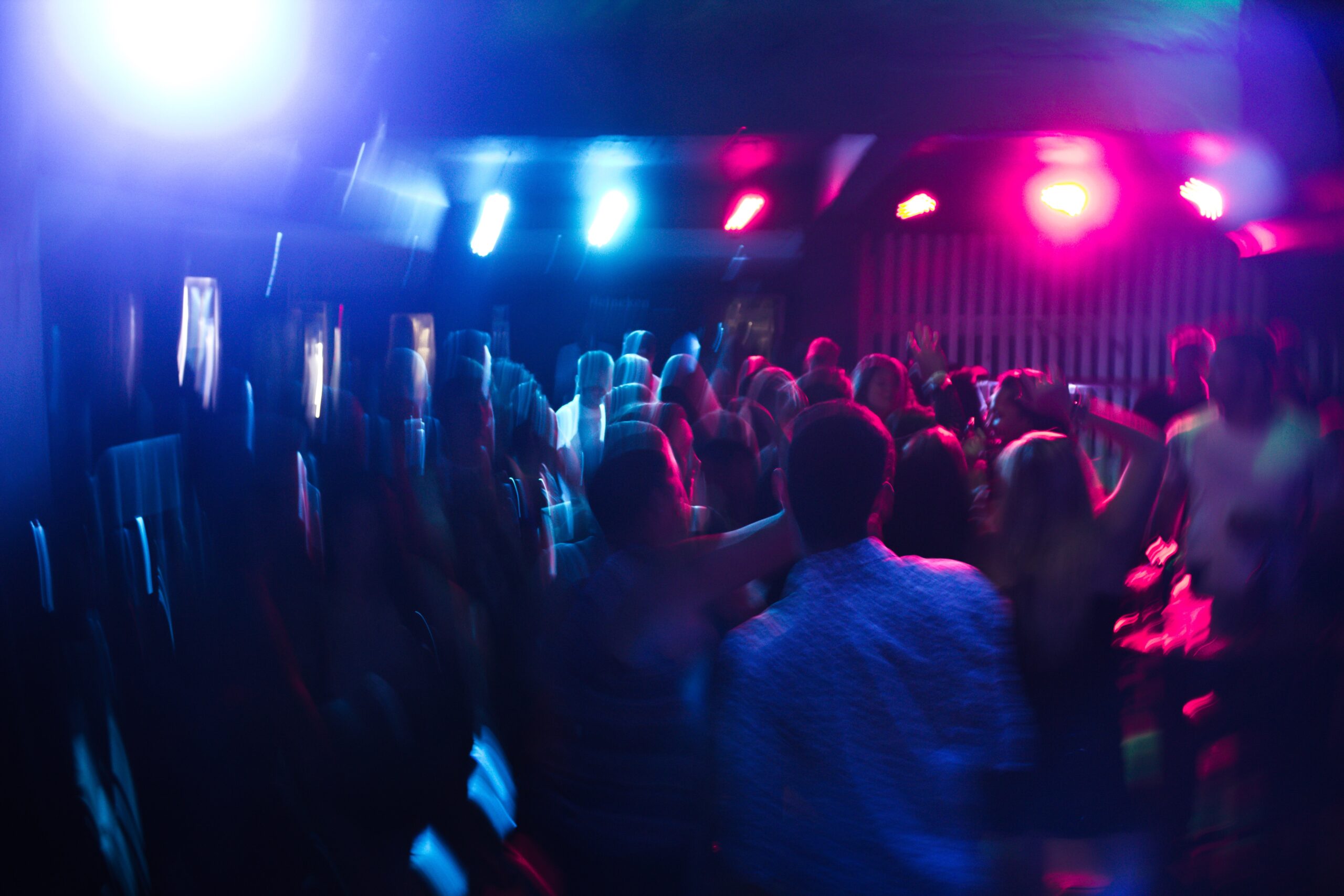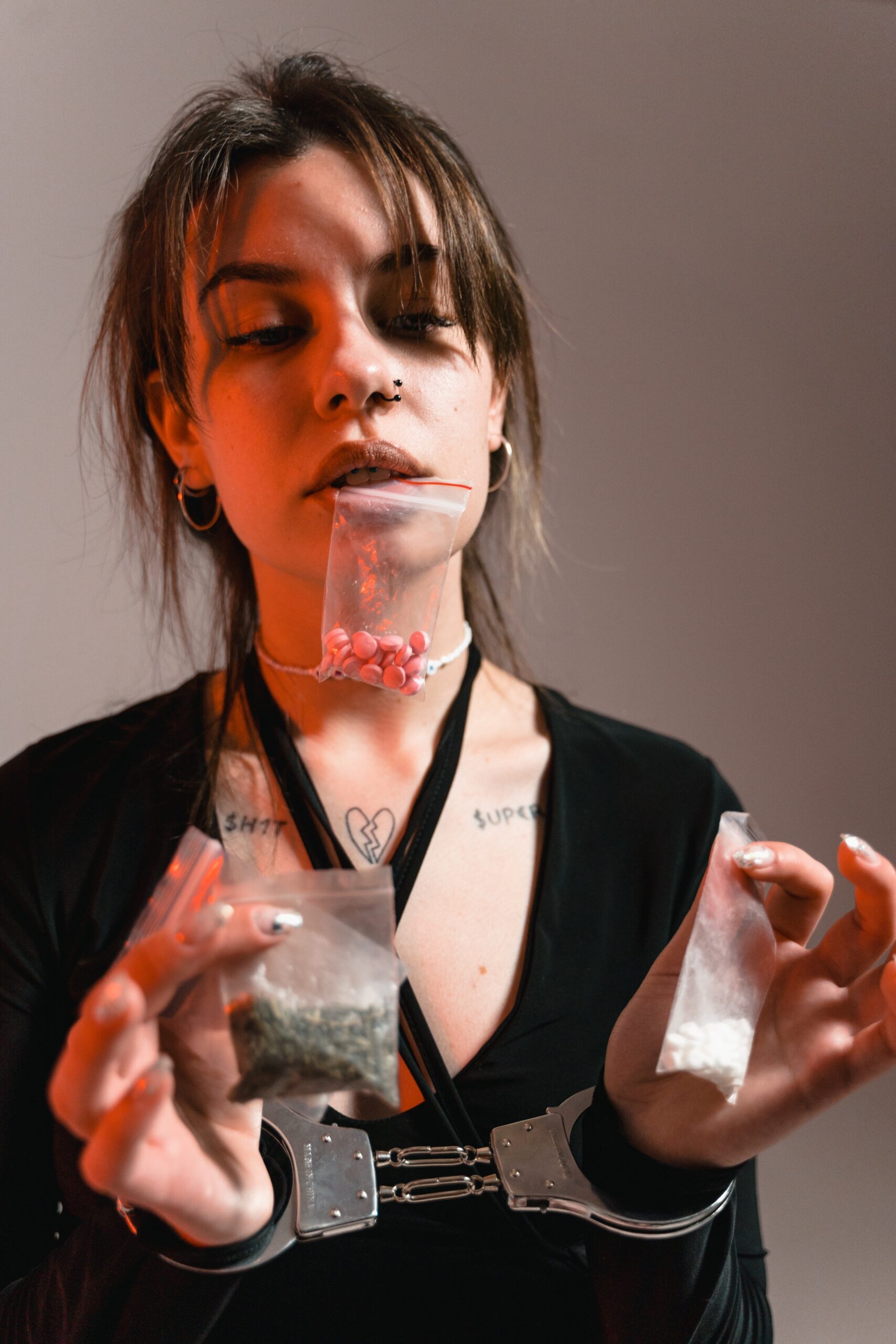1. Understand relapse
Knowing what relapse is and why it happens is the first step. Many people think that in order to recover from a relapse, they would need to undergo intensive inpatient treatment at an addiction facility.
Yet, this is not always the case, and relapses can sometimes serve as a valuable learning experience rather than a disastrous end result.
The first step towards preparing for the possibility of relapse is gaining an understanding of the causes, symptoms, and consequences of relapse in the context of addiction recovery.
2. Know your triggers
Also, knowing your own personal triggers and how to deal with them is crucial. A craving or addictive behavioural trigger could be anything from a specific location or emotion to a specific person or activity.
Having this kind of insight will allow you to identify a circumstance that may trigger you, allowing you to use your relapse prevention strategy and lessen the effects of your triggers.
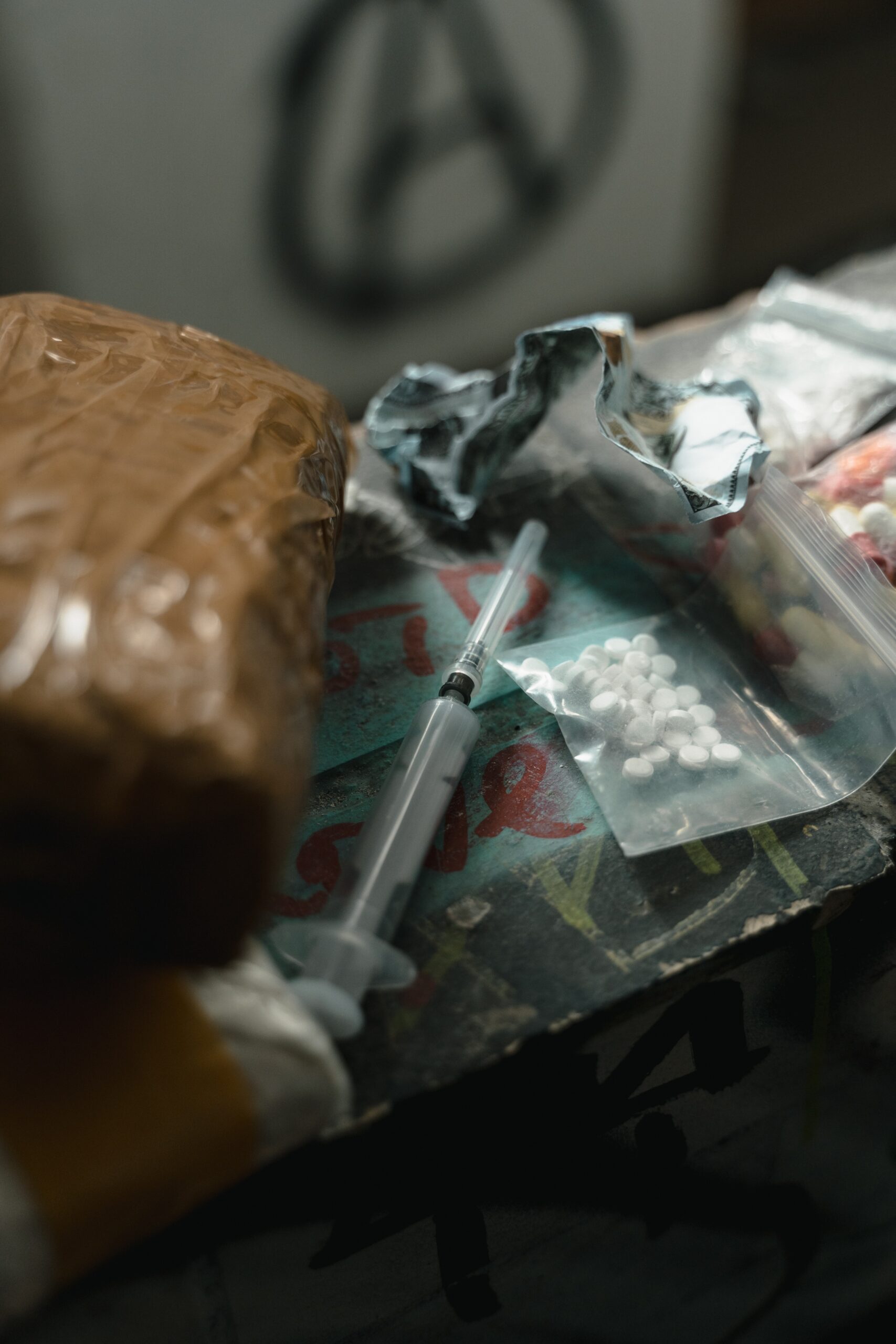
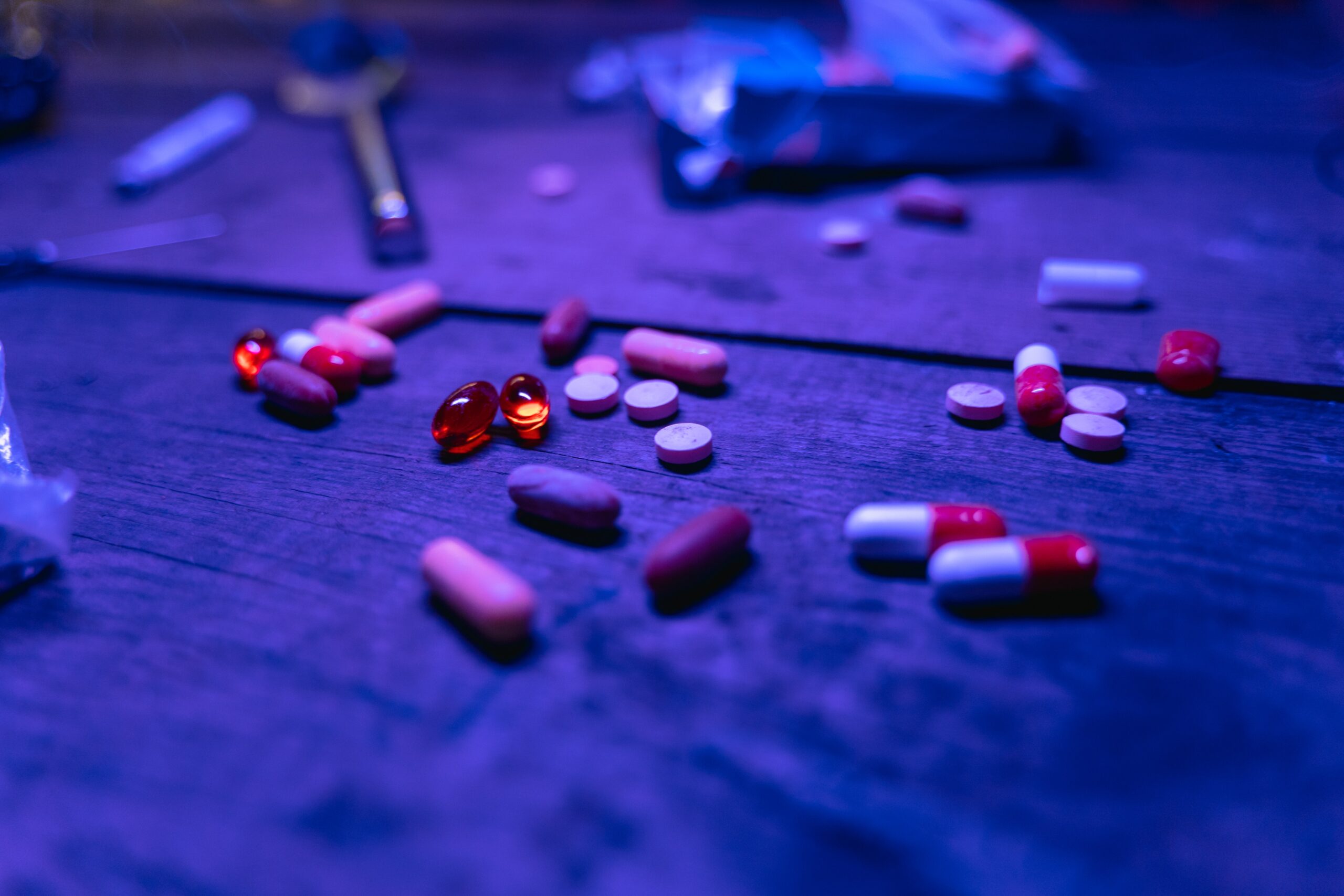
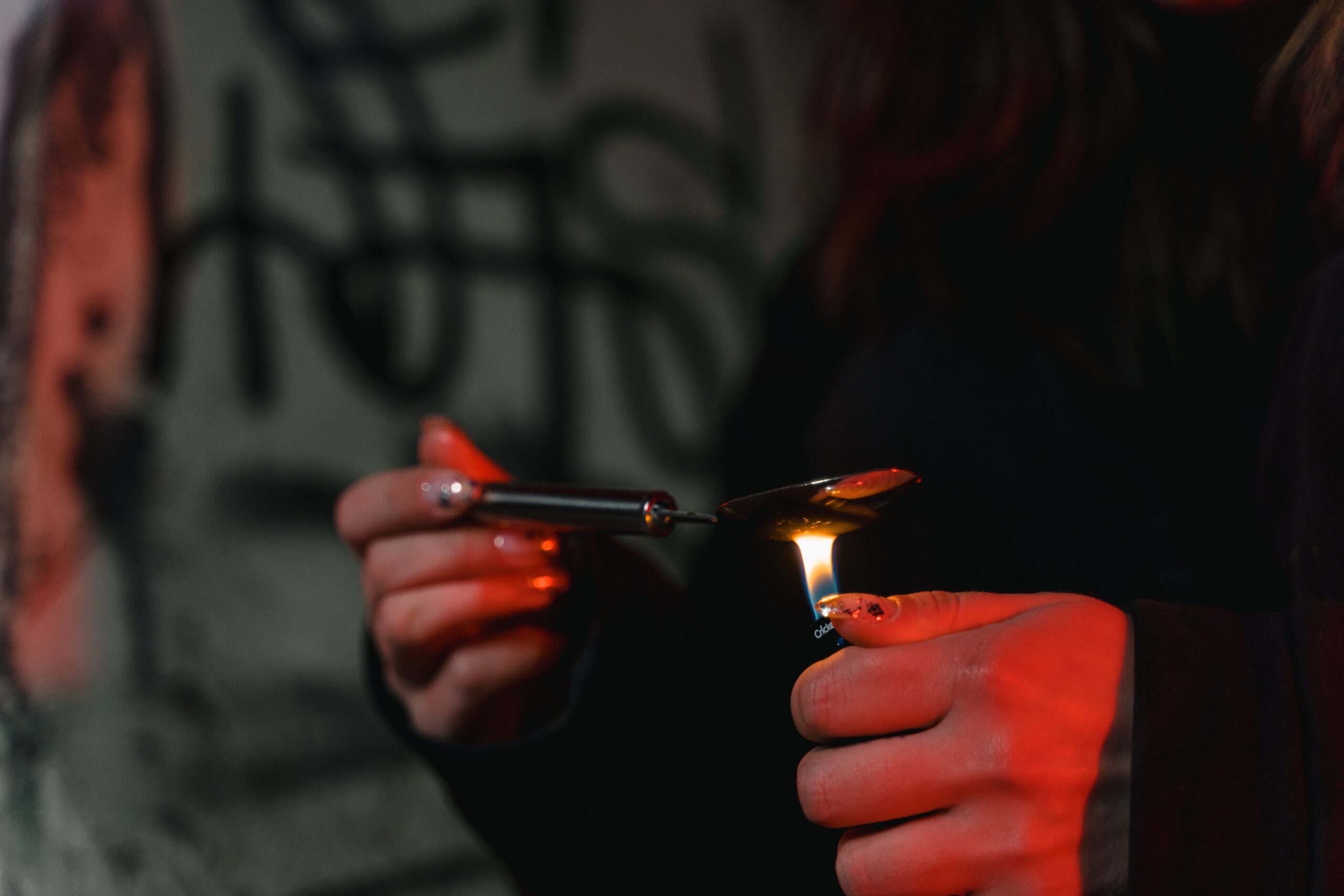
3. Adopt a healthy lifestyle
A positive and healthy lifestyle is one of the best ways to prevent relapse following addiction treatment, and it is also one of the most effective. It’s possible that you don’t feel at ease with the pre-rehab phase. The good news is that you can carry the healthy behaviours and routines you learn in recovery with you wherever you go. You don’t need drugs or alcohol to have a rich and appreciative existence. By making decisions in your life that are consistent with your goals, you can achieve a state of health and optimism.


